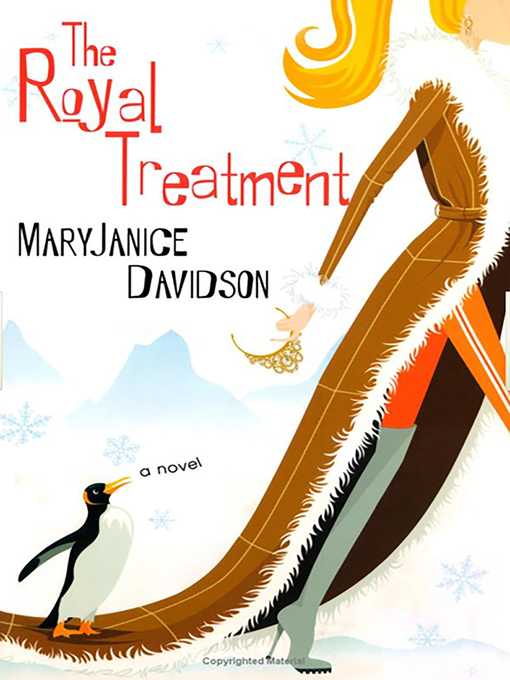

An audacious individual would not dwell on repute at the expense of self-worth. Banking on other parties to corroborate one’s substance is tantamount to utter self-deception which shifts one’s concentration from basic esteem to superficial scales. With the desperate agility of a crooked faro dealer who spots Bat Masterson about to cut himself into the game, one shuffles flashily but in vain through one's marked cards-the kindness done for the wrong reason, the apparent triumph which had involved no real effort, the seemingly heroic act into which one had been shamed.” Authentic self-respect should not be hooked on external endorsements. The charms that work on others count for nothing in that devastatingly well-lit back alley where one keeps assignations with oneself: no winning smiles will do here, no prettily drawn lists of good intentions. Most of our platitudes notwithstanding, self-deception remains the most difficult deception.

Self- deception is a principal impairment of unqualified self- respect: “Although to be driven back upon oneself is an uneasy affair at best, rather like trying to cross a border with borrowed credentials, it seems to me now the one condition necessary to the beginnings of real self-respect. Had Didion embraced adequate Self- worth, she would not have been upset by her not being nominated in the Phi Beta Kappa.

Missing the Phi Beta Kappa enabled Didion to realize that self-respect should rise above measures such as the “Stanford-Binet Scale.” Assigning her self-worth to the scale and other extrinsic gauges is unfavourable to the blooming of intrinsic self-worth. To such doubtful amulets had my self-respect been pinned, and I faced myself that day with the nonplussed wonder of someone who has come across a vampire and found no garlands of garlic at hand.” The green lights are emblematic of unequivocal approval which Didion had anticipated she would enjoy all her life. Joan Didion’s inclusion of her personal experience in “On Self- Respect” represents an epiphany which stimulates her ideology on the quintessence of self-respect: “I lost the conviction that lights would always turn green for me, the pleasant certainty that those rather passive virtues which had won me approval as a child automatically guaranteed me not only Phi Beta Kappa keys but happiness, honour, and the love of a good man (preferably a cross between Humphrey Bogart in Casablanca and one of the Murchisons in a proxy fight) lost a certain touching faith in the totem power of good manners, clean hair, and proven competence on the Stanford-Binet scale.

Written by people who wish to remain anonymous We are thankful for their contributions and encourage you to make your own. These notes were contributed by members of the GradeSaver community.


 0 kommentar(er)
0 kommentar(er)
